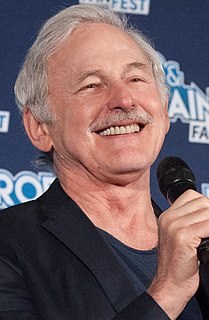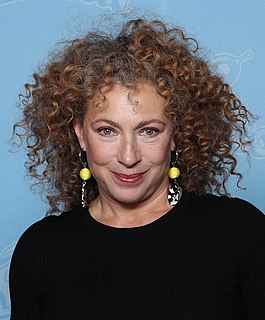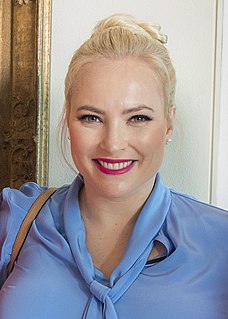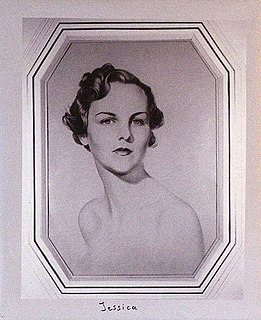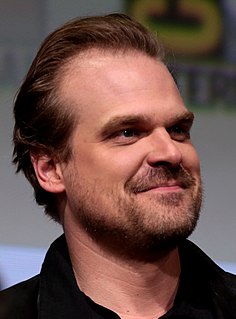A Quote by Victor Garber
I grew up in the theater, and you can't improvise Shakespeare and Ibsen. You have to speak the language. But obviously, in a contemporary film, there's often room for improvisation and spontaneous things that happen. As long as I know what I'm trying to achieve in the scene, and when something comes up, I know that the response is genuine, I'm comfortable. That's really how I build everything.
Related Quotes
I grew up in a theater family. My father was a regional theater classical repertory producer. He created Shakespeare festivals. He produced all of Shakespeare's plays, mostly in Shakespeare festivals in Ohio. One of them, the Great Lakes Theater Festival in Cleveland, is still going. So I grew up not wanting to be an actor, not wanting to go into the family business.
When we got to the part where we had to improvise an argument in a poetic language, I got cold feet. "I can't do this," I said. "I don't know what to say." "Say anything," he said. "You can't make a mistake when you improvise." "What if I mess it up? What if I screw up the rhythm?" "You can't," he said. "It's like drumming. If you miss a beat, you create another." In this simple exchange, Sam taught me the secret of improvisation, one that I have accessed my whole life.
Improvisation in general is good, and improvising material into themes, turning the material into something codified and repeatable, taught me scenic structure and dramatic gambits that work and things that are appealing both as a performer and an audience member, like you know, what does "want" really mean in a scene, and how do you achieve your want, and how is that expressed, and how do you achieve closure? Those are all things that I learned performing at the cabaret after just doing the same scenes over and over and over again over the years, with my own ability to change.
I think being attracted to mistakes is one of the things that film can capture in a way that theater can't. Film can capture a moment of spontaneous life that will never be captured again. I like a lot of structure and a lot of lines, but then within that I make room for things to happen that you couldn't have predicted.
Language is the primary way we communicate with each other, and we have really strong feelings about what words mean, and about good language and bad. Those things are really based on sort of an agglutination of half-remembered rules from high school or college, and our own personal views on language and the things we grew up saying, the things we grew up being told not to say.
I don't know why this is, but I really believe that things don't happen when we're trying to will them into being. They don't happen when we're waiting for the phone to ring, or the email to pop up in our in box. They don't happen when we're gripping too tightly. They happen - if they happen at all - when we've fully let go of the results. And, perhaps, when we're ready.
I would make a huge distinction between theater improvisation and film improvisation. There isn't much improvisation in film - there's virtually none. The people that theoretically could be good at this in a theater situation don't necessarily do this in a film in a way that will work, because it's much broader on a stage. But in a movie, it has to be real, and the characters have to look entirely real because it's being done as a faux documentary, so there are even fewer actors that can do that on film.
One is only really inwardly comfortable, so to speak, after one's life has assumed some sort of shape. Not just a routine, like studying or a job or being a housewife, but something more complete than all those, which would include goals set by oneself and a circle of life-time type friends. I think this is one of the hardest things to achieve, in fact often just trying doesn't achieve it but rather it seems to develop almost by accident.
